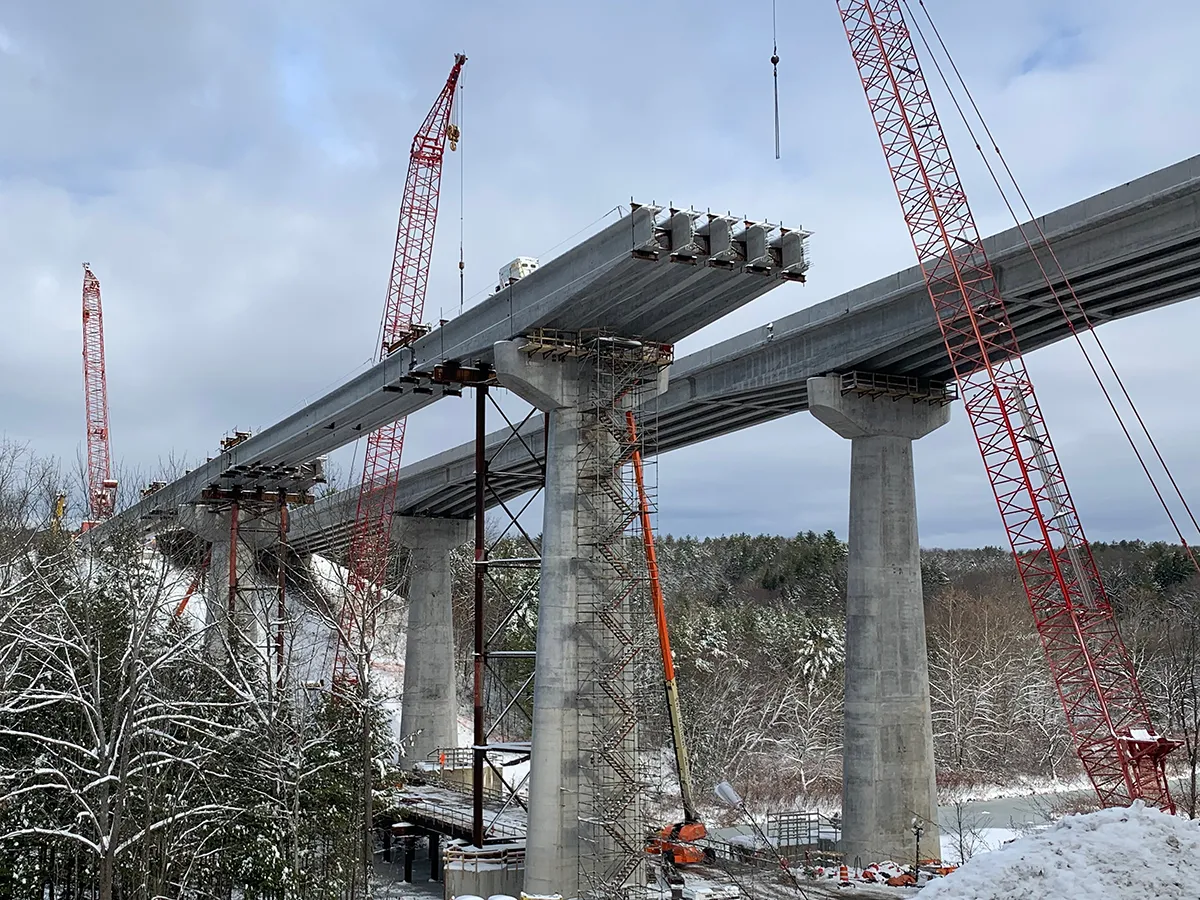Structural problems have caused a recently constructed bridge in Nepal to deflect, even before it has been officially opened.
February 23, 2012
Read time: 1 min
Structural problems have caused a recently constructed bridge in Nepal to deflect, even before it has been officially opened. The bridge links Eastern Lamjung and Tarkughat and has dropped some 150mm. There is concern that the bridge may collapse, although the local government officials still plan to have the official opening for the 75m long steel truss bridge without further repairs or. The structural issues are likely to have been caused by high water flow rates, which could have affected the formwork in place during the pre-casting process. Bridge scour is a key problem for bridges in Nepal due to the high velocity water flow rates in this mountainous country.









